The Interview
Introduction and Roc’s Background
Michael Lesane, 00:03
You're listening to the Credibly Neutral Podcast, a production of Cryptobit Magazine hosted by Michael Lesane. Today I'm speaking with Roc Zacharias as the co-founder and CEO of Lunar Digital Assets. His organization has served as an incubator to foundational protocols like Polygon, where he currently serves on the grants board. And it has fostered decentralized finance in UTXO-compatible ecosystems through the incubation of projects like Dogechain. And Roc is also the co-founder of QuickSwap, the leading decentralized exchange of the Polygon network, facilitating over $80 billion in lifetime trading volume. Furthermore, Roc serves as the city leader of the Los Angeles chapter of BitAngels, a longstanding investment group which was an early investor in projects like Ethereum. And so without further ado, hello. Hello Roc, pleasure to have you on the program.
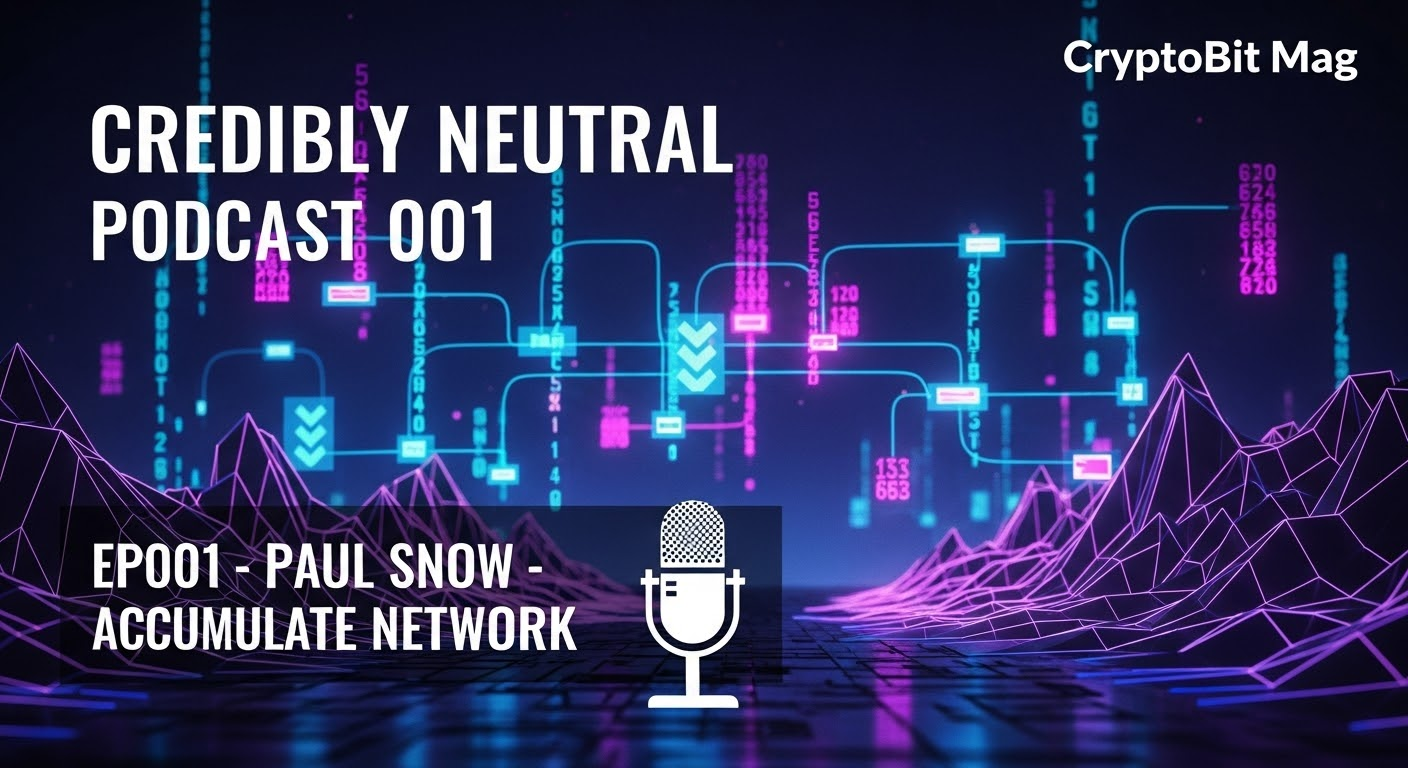
Explore more blockchain insights from industry leaders.
Roc Zacharias, 01:00
Yeah, it's great to be here, excited to speak.
Michael Lesane, 01:04
So please introduce yourself to listeners and feel free to let me know if there are any important details I've overlooked or got wrong in the introduction.
Roc Zacharias, 01:13
Yeah, you got good stuff there. So yeah, I'm the CEO of LDA or Lunar Digital Assets. We're a venture studio. We incubate projects that's doing everything from putting teams together, getting investments, doing BD ecosystem growth, marketing, consulting strategy, et cetera. And yeah, we worked on projects like Polygon and QuickSwap and Dogechain and Persistence and My Neighbor Alice, Chromia, Mindset, Delarnia, LitVM is one that's coming up. Stratix is another current one, MatterFi is another current one, CherryBot another one. But yeah, then on top of that you mentioned that I serve on the grants board for Polygon. So there we manage billion dollar grant fund focused on building out the Polygon immediate and kind of peripheral ecosystems as well as Ethereum.
Roc Zacharias, 02:12
I don't know if it's an actual stated mission, but I've always said in my seven years working with Polygon that our mission is to scale Ethereum and bring Web3 to the world through the lens of Ethereum and in some ways even expanding outside of that now that AggLayer is plugging in other L1s and even we just actually wrote a nice size grant to one of the Cosmos main developer teams to start plugging Cosmos chains into Polygon's AggLayer. Yeah, you mentioned BitAngels. So BitAngels is an investor and pitch network where we bring together founders and funders so we introduce projects around the world to investors, VCs, angels, etc. We have around 30 active cities around the world. I'm the city leader for Los Angeles, but I actually moved recently to Puerto Rico. And yeah, BitAngels was an investor in Ethereum early.
Roc Zacharias, 03:10
Michael Terpin and his PR firm did actually the PR for Ethereum as well as Tether and a lot of other stuff. See, I'm also a mentor for Tim Draper's Bitcoin Fi accelerator. And then, yeah, co-founded QuickSwap, which is one of my prouder things I've done. We gave pretty much everything to the community on that and I never sold any tokens. And even though you mentioned we did almost a tenth of a trillion in total lifetime volume now, and I've never taken a single dollar of profit or revenue or anything from QuickSwap. I've basically given it all to the community and to my team members and the foundation and the VAR developers and all the people in the QuickSwap ecosystem building stuff on Polygon. You know, they've been paid, but I personally have rejected any payment.
We gave pretty much everything to the community on that and I never sold any tokens... I've never taken a single dollar of profit or revenue or anything from QuickSwap.
— Roc Zacharias, Co-founder of QuickSwap
Roc Zacharias, 03:58
So it's something I'm proud of.
Michael Lesane, 04:01
That's an admirable trait in a founder for sure. Or co-founder.
Roc Zacharias, 04:06
Yeah, so I was co-founder of QuickSwap and LDA also incubated QuickSwap. Yeah.
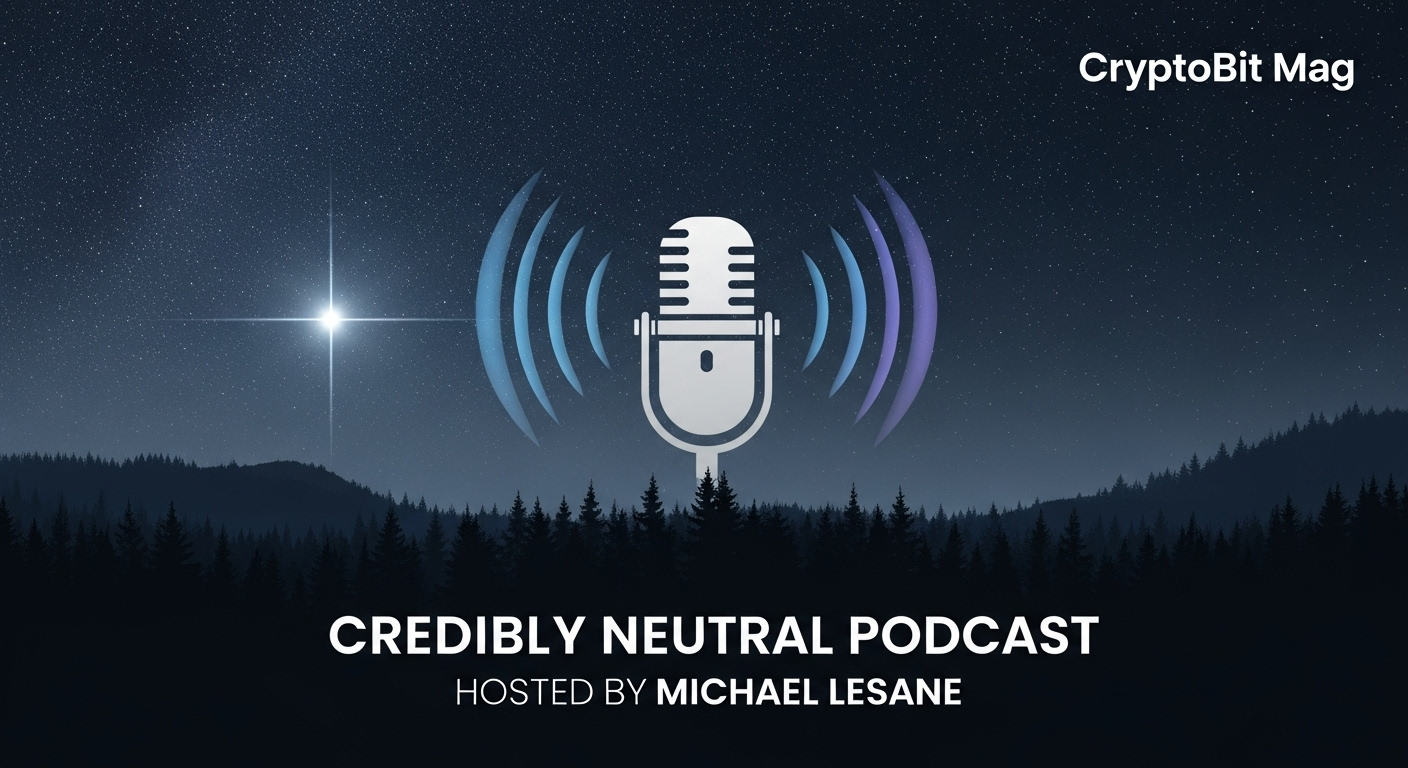
Lunar Digital Assets and Its Origins
Michael Lesane, 04:13
Okay. So yeah, my first question was going to be like, what kind of business development services LDA specializes in? But I guess you've kind of addressed that. But I'm curious how it came to be as an organization.
Roc Zacharias, 04:27
Yeah, so in 2017. So I first came into Bitcoin in 2015. I was studying, preparing for medical school and I found the Bitcoin white paper and I was immediately hooked. I dropped out of my path to medical school where I, you know, I was well on my way. I had already done some surgeries and was interning under Dr. Imagawa at UCI Medical Center and a lot of these things. And so when I found Bitcoin and decided to drop that path of my life after like 10 years, my family wasn't too happy. But I knew it was the right thing to do. I knew Bitcoin was going to change the world. And in 2017, met a few gentlemen, gosh, I don't even remember where, maybe at a conference or something.
Roc Zacharias, 05:14
And they were starting this company, Lunar Digital Assets, and they asked me to come on as a founder, a co-founder, and we started actually like a fund. And then were developing trading algorithms and trading tools and trading suites, and then were helping projects by writing white papers and helping them kind of develop their strategy and doing some marketing. And then that just developed over time into us being like a full-fledged venture studio and we no longer are a fund. We do invest in projects, but not as a traditional fund. We either invest our time and effort or we. And often we write checks as well. But yeah, so LDA was formed in 2017 and our first kind of big project was Polygon.
Roc Zacharias, 06:07
So we started with them in, I think 2018 or maybe 19, when they didn't even have a test net yet. We did everything from creating their early community and a lot of their marketing and a lot of the BD to even like they had a light paper draft. And we rewrote that in a more like clear and like, just better worded way. We built their ambassador program and the Matic Mitra, which was pretty legendary. When Polygon was really in its, you know, peak hype, that program was, you know, as bigger than the Link Marines or the XRP Army. Those were like kind of the three programs people talked about, I think, the most. So we managed that, built, created it, managed it and everything. We built QuickSwap, which is what really made Polygon, I think, take off. I mean, that's pretty objective.
Roc Zacharias, 07:00
We were the first application to a million in TVL and were the first application to a billion a day in volume. AAVE beat us to a billion in TVL. But we, that's fine. We love them. We. I actually helped convince them to come and they actually seeded 10 million out of the first 20 million of QuickSwap's TVL because they saw that were giving everything to the community and they believed in what were doing. So I had several calls with Stani Kulechov, the founder of AAVE, and he really liked what were doing and so he agreed to help us out by seeding some funds. And later on I did a podcast. You can look up, like, Roc Zacharias and Mark Cuban and you can see that podcast with myself and Mark and Danny and Sandeep.
Roc Zacharias, 07:40
And those were kind of the very early days of Polygon.
Michael Lesane, 07:44
I'll be sure to include that in the show notes.
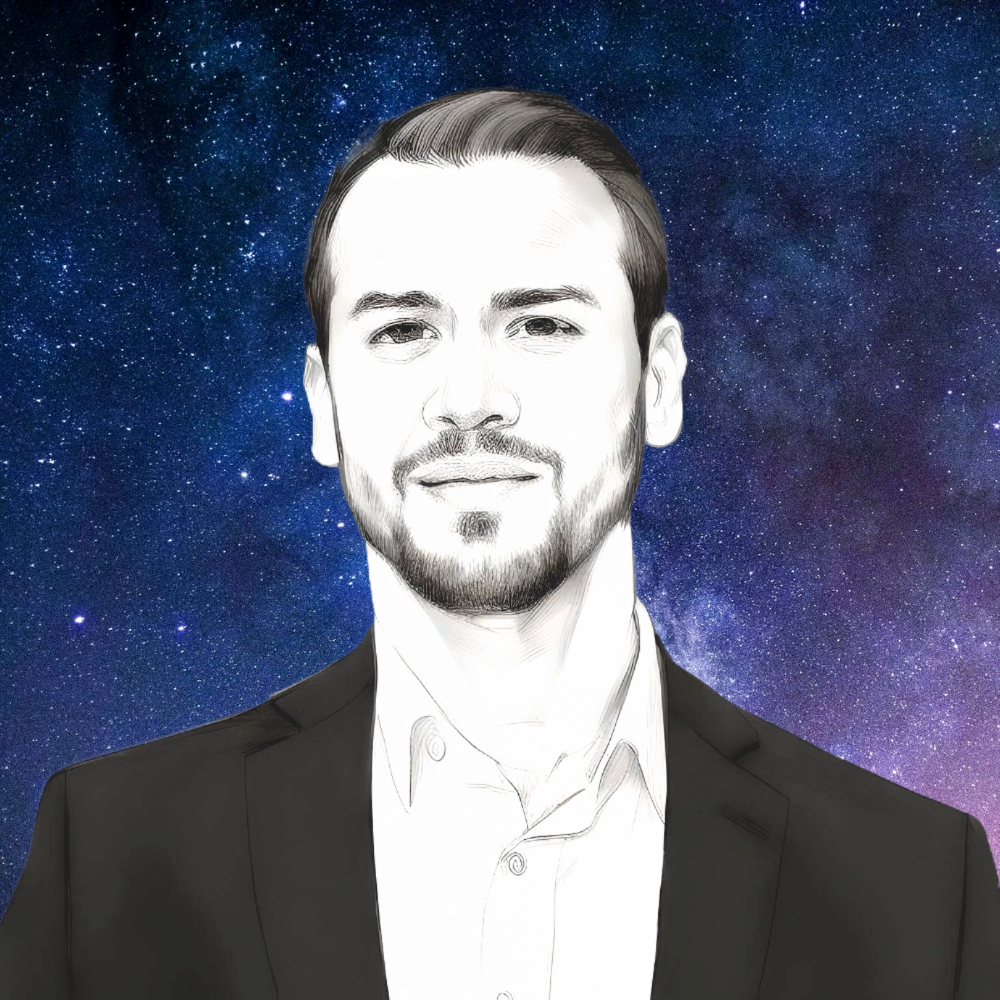
Polygon’s Success Factors
Michael Lesane, 07:49
What dynamics would you most attribute Polygon's success to from like a business or strategy standpoint?
Roc Zacharias, 07:56
Well, I think it was a combination of, like, this happens a lot in business, but being in the right place at the right time, combined with doing the right things that lead you to that point and lead you to be ready to strike when the iron is hot. And so with Polygon, what I had told everyone, you know, when before it got a lot of traction was that at the time it was Matic, that Matic would be the release valve for Ethereum when the gas fees went back up. And I said, and they will go back up. And they did. And so when that happened were there and ready with a solution. And so, you know, maybe a little luck.
Roc Zacharias, 08:38
Plus just so like there's why we joined and started working with Polygon and then there's like what their kind of thesis was and I think their thesis was that, you know, we had to scale Ethereum. We had already seen in 20, what, 17 I think was it CryptoKitties and things clog, cats clogging the Ethereum pipeline. And so we knew we had to do something. And at the time the concept was plasma and so it was a, it was plasma. Then it became kind of plasma proof of stake hybrid and then it became just proof of stake. And over time it's evolved a lot. Now it's going into ZK rollups and various other pessimistic rollups and all kinds of crazy stuff with AggLayer. But I think a big part of it was the team.
Roc Zacharias, 09:26
I think that early team was some kind of just really scrappy, hungry guys out of India and I think they wanted to change the world and they were willing to fight really hard to do it. They had some good technical experience and they saw, you know, that this was a problem that needed addressing and solving and so they built, you know, Matic. And then we, I think we did a lot of other things right. I think with LDA on from our side, you know, really focusing on community building that community up, you know, one person at a time.
Roc Zacharias, 10:06
You know, I would always be telling Sandeep, can you come join this group, can you come talk to these people, can you come motivate the community and you know, building him up as a thought leader, I mean that was something we focused a lot on. And to this day, I mean you can see now Sandeep Nailwal is, you know, clearly one of the big thought leaders in the industry. He's really respected and I mean we knew from when I first met him at a hackathon for one of our other clients, Chromia. I talked to him for like two hours and I was, it was very clear to me we got very kind of philosophical and we're talking about decentralization and all these and other things, non crypto things even.
Roc Zacharias, 10:42
And that really to me showed me kind of, you know, in as much as you can in a two hour period what he, who he was what he was about and I wanted to work with him. And so yeah, we took on Matic early and yeah, from there it was, I guess, a lot of things. I mean, I think we QuickSwap, I, I, I don't know if Polygon would have been as big as it became if we didn't launch QuickSwap. So he actually came to me and asked me, can you, do you think you could create a Dex? If I, he said, you're the best marketing in BD people I know. If I combine you with these devs, like introduce you to these devs, do you think you the best devs he knows? He said, can you make a dex?
Roc Zacharias, 11:21
And I said, I kind of laughed and like, I don't know, I've never built a dex. I had limited experience in like DeFi. The whole industry had limited experience in DeFi. Actually at the time DeFi was still new. And I said, I don't know, but we'll try and kind of the premise of it was we're going to launch this dex and we're just going to give everything to the community. And I think people really latched onto that and people appreciated it and a lot of people made a lot of money from it. Myself excluded. I never again, I never took a dollar.
Roc Zacharias, 11:52
But there's a lot of people, we always had people in the chats in the Ambassador program or in our, you know, different chats saying, you know, how, like I remember one person saying they paid off their house and you know, there was another person who paid off all their student loans and we would have these people all the time, you know, and it was just so cool to watch and you know, they were able to do that because there was no founder dumping tokens on them. There was no VC dumping tokens on them. We had a bunch of VCs who wanted to invest in QuickSwap. We had Sequoia, Lightspeed Ventures, Binance, Coinbase Ventures, and Mark Cuban, who, Mark invested in the open market. He bought tokens by himself on the open market.
Roc Zacharias, 12:34
But we never actually did a fundraising round with him or Sequoia or them, even though they all wanted it. And they, I think like one of them said they wanted a minimum of 20 million that they wanted to invest and we didn't take the money, so we never raised any funds and we gave the tokens to the community. So I think so many people were making so much money that just created this massive kind of, I don't know if not the right word, but like a honeypot, like a juicy economic zone in crypto. And so that led to more economic zone. And then all the other projects that we're launching on Polygon were benefiting from that, like Aavegotchi and AAVE. We were giving. At one point, were giving just to Aavegotchi.
Roc Zacharias, 13:17
The project alone, were giving, I think, a thousand Quick a day, which at its peak was valued at over. Over a million dollars. I think that would. Would have been like a million and a half dollars a day. We were giving one project in farming rewards that was very early, and they weren't worth that much then, but, you know, over time they became worth that. And. And yeah, so I think giving everything to the community is something we don't see in this industry very much. And I think it's kind of a magical thing when you get a group of founders that are willing to do that.
I think giving everything to the community is something we don't see in this industry very much. And I think it's kind of a magical thing when you get a group of founders that are willing to do that.
— Roc Zacharias, Co-founder of QuickSwap
Michael Lesane, 13:50
So it's almost like a. Like a synergy relationship between Polygon and QuickSwap, which basically amplified the success of both.
Roc Zacharias, 14:02
And AAVE. Oh, and AAVE. Yeah, because they came on when we started growing, and so, like, you know, Stani and AAVE seeded like 10 million in TVL, and that was around that time we got to around 20 million. But then it just kept growing. I mean, it's like a constant upward chart for the next year, like all of 2021 20, like late 2020 and 2021. And, you know, we peaked at a billion and a half in TVL. And somewhere along the way there, I think maybe when were around like, 100 million TVL, AAVE made the decision to come to Matic, and then they were growing super fast, and they even passed us in TVL. They got to a billion in TVL and we got to, like. I think they slightly beat us to a billion in TVL and then. And then.
Roc Zacharias, 14:46
But were still the first application to a billion in volume. AAVE doesn't have volume in that way, but anyways. Yeah, so it's like a flywheel. I mean, you see that this with a lot of ecosystems right at the time Binance Smart Chain was popping off, I think Polygon and QuickSwap helped kick off all of DeFi Summer. I think Binance Chain did too. And then you see, like, in most recently, like, Solana, you know, there's all this economic activity, so everybody starts going over there to launch stuff. Well, that's what we had at Polygon, you know, in the last cycle. And I think it'll come back with all the great work they're doing. With AggLayer, they're just taking a longer bet with ZK rollups.
Roc Zacharias, 15:22
You know, Solana chose to take a short bet with like centralization to scale optimistic rollups in terms of like Optimism and Arbitrum. They took like a middle ground where it’s decentralized and done in a good way than Solana. So it's done in a right way but it's not the end game. Polygon decided let's go end game because we already have POS plasma. Let's go end game and we'll go with ZK rollups which I am more bullish on than ever right now. I mean they. It is incredible the things I'm starting to see teams be able to do with these ZK rollups. In many ways they're still not quite like production ready but the promise is there. It's like AI, you know, AI is finally start show the fruits of that everybody has been talking about for so long.
Roc Zacharias, 16:09
We're just before that with ZK rollups where like we're just starting to see the fruits. But I think it's still going to be another year before we really see what ZK rollups can do for the industry. I think most things in the industry will be touched by ZK rollups from a scaling perspective and a privacy perspective. There's just so much you can do with them. Like one of the projects we're incubating is doing ZK. I don't want to give the secret sauce away yet. They're not. Nobody knows about this project yet. It's. It's being silently built by some really big players in the industry. But it's basically using ZK rollups to build like a club style centralized, like a DEX experience. But it's a DEX so you don't. For this in particular one you don't need smart contracts.
Roc Zacharias, 16:59
You could develop it just like any. Like you could take Binance's code and you could put it on this, plat this ZK rollup and. But the thing you do is you remove the custodianship. So now you can have. You could keep all your custody but be trading on Binance. You know, it's not Binance, but it's the same kind of experience as Binance. And I imagine in the future maybe Binance and others will move to this too for legal reasons and for like anti-hack reasons and all kinds of stuff. But I think all applications are going to start looking at how they can use ZKs in some way like this and then also just for privacy. We're seeing privacy change a lot lately. So you know, there was this dark era.
Roc Zacharias, 17:42
Often in humanity we have these eras where things go in a negative direction. Like on the whole humanity, I'm ultra optimistic in humanity and humans abilities to solve problems. And on the whole it's like an upward chart, right? But it's kind of like the Bitcoin chart. It's up, up to the right but it sometimes has big crashes and up and down there's volatility and oscillations. So that's how I look at humanity. And my optimism about humanity is we have times where humanity reverts. Like in the Dark Ages or when like you know, communism, the era of communism or when people were like burning books or like you know, these crazy times in history, we look back as like whoa, how did that even happen?
Roc Zacharias, 18:27
But I, I believe that humanity, humans are good at solving problems and that we always find the right way, do things in long enough times. And so yeah, I'm optimistic on where things are going for privacy now. So we saw a lot of like one of these downward volatility oscillations away from positive. And we've seen that in a lot of ways, some like more, some more negative than others, some more are just like convenience trade-offs. So people, you know, we all have our cell phones and we use Google and we use all these things and we give up so much of our privacy by so through social media, through big tech and we trade that for either cost or efficiency.
Roc Zacharias, 19:12
So like you know, we give Google all of our data but we get like free Google Drive or you know, we like free. I'm on Discord with you right now. For free. How do they do that? I don't know. Are they serving ads? Are they selling our data? I don't know their model. But all these tech companies have models, right? Business models and monetization models and we often trade convenience. So that's the, that's like less negative I think. But then there's ones that are more negative where you know, Tornado Cash, they're put in jail or other mixers. It wasn't Wasabi, but was it Samurai? I think they were jailed or charges on them.
Roc Zacharias, 19:50
And so went through this period recently of like them trying to encroach on our rights, whether that's privacy or like when they tried to make us take vaccines we didn't want to take or they locked us in our houses or they like you know, arrest Julian Assange for being a whistleblower or they arrest Edward Snowden for, you know, also being a whistleblower. And yeah, I guess went through this negative patch but now we're seeing like the pendulum swing the other way. So all of a sudden Tornado Cash charges dropped. Julian Assange released. People talking about privacy again. It's becoming kind of sexy again. It's actually something people will consider investing in the industry.
Roc Zacharias, 20:39
And I think, and I'll quote Aztec from my team, from LDA, he's our chief strategy officer, he's been saying that not only he's been a privacy advocate forever at our team and we for a long time were hesitant to work on privacy projects because we love privacy but we don't want to be martyrs. We don't want to go to jail for being, you know, wrapped up in a project. Like, you know, like imagine if whoever incubated Tornado Cash, are they at risk, you know, investors there or whatever. But now we feel safe enough. You know, were scared to work on privacy stuff but right now we're working on a couple privacy projects because we think the time is right and not. And what Aztec has said is not only will projects will institutions and politicians be okay with privacy, they will demand it.
What Aztec has said is not only will projects will institutions and politicians be okay with privacy, they will demand it.
— Roc Zacharias, quoting Aztec, Chief Strategy Officer at LDA
Roc Zacharias, 21:28
So institutions will not trade in a way that everyone can see their trades. They're going to want privacy and these are privacy things. And we see institutions are front running, they're leading these charges now because they know that they need privacy and they're not going to interact with blockchain until they get some level of kind of optional privacy.
Privacy Projects and MatterFi
Michael Lesane, 21:51
Oh yeah. I am kind of curious about the privacy projects that you're currently incubating.
Roc Zacharias, 21:57
So one I won't mention for now, but I can mention one. So MatterFi is a very interesting project and they're doing essentially it's, they have a few things in their product suite but the most interesting is their private send to name. So they use some really cool, very complicated. I've dug into it pretty deep and it's hard for me to understand, you know, the business side of like obviously I don't understand cryptography very well as a business person but you know, I have a decent understanding and I dig into it and I have to go by what like, you know, we're talking to Brinks and BitGo who are working. So they have a contract with Brinks and they're doing digital asset custody for Brinks. Brinks was using Fireblocks but is now using MatterFi and as their digital asset custody providers.
Roc Zacharias, 22:53
And then and then we're talking to like Bitcoin and some others about. And you know, just in these conversations, watch, listening to them and looking at their audits and stuff. That's the best I can understand how the actual cryptography works. But essentially it's okay. So normally with domain name service providers like ENS ETH Name Service or whatever the that stands for, I'm sure, I think that's what it is but. Or Unstoppable Domains. The problem with those is that, you know, if you have an ETH, you know, call it Roc Polygon or Roc Eth, then everyone can see that wallet, it's attached to a wallet and then everybody can see everything you do. And so that's kind of a non-starter for a lot of people. People, a lot of people don't want like everything they do seen by the public and for good reason.
Roc Zacharias, 23:42
So you know, privacy does matter. We don't want people front running our trades. We don't want people like institutions care about it. We as individuals care about it. So. Oh yeah, so private send to name. So, so they've made a system that allows you to on any chain have a private send to name address. So you could have, you know, roc.eth so you could have sane.eth. And now people can send you stuff but they can't actually see what you have. And no one else can see that they sent you something. So it uses this really cool cryptography to do that. And they've had, I think they've raised like 6, 7 mil so far. They have a bunch of cool people working on them. I mean LDA, we're incubating them.
Roc Zacharias, 24:30
They have Michael Terpin who I mentioned earlier from BitAngels and you know, early investor in ETH and all these things they have, let's see, DNA Fund is invested in them and they're on the DNA Fund deal desk. Mario Nawfal's companies CJN and IBC will be working on them with us. And so yeah, they're getting some good traction. They got a contract from Casper to build a wallet for them like a year ago or more maybe that was a $800,000 contract. They got contract recently. I think I'm allowed to mention this publicly, but actually I won't say the size, but they got a contract from Cardano and Midnight to build a wallet there. They got officially approved to be a SNAP on MetaMask. So now you'll be able to do this all through MetaMask using the SNAP kind of API system. Whatever.
Roc Zacharias, 25:18
I don't know if it's an API system, but something like that. That's how I look at it, I guess. But yeah, pretty cool. I think it's really important privacy matters.
Michael Lesane, 25:28
Yeah. And this was MatterFi you were talking about?
Roc Zacharias, 25:32
Yeah. M A T T E R F I.
Michael Lesane, 25:37
Okay.
Roc Zacharias, 25:39
Anyone interested in privacy or investing in privacy or getting one of these private send to names or partnering with them on any like DeFi or wallets or cross chain stuff or whatever can reach out. I'm sure you could find my contact info after this show. But yeah, they're moving fast. They just got that MetaMask snaps and they have the Brinks deal now and a bunch of really cool stuff. I'm really excited for them. We've been kind of taking them around the world on a tour with DNA Fund and now Mario's team and Michael Terpin and BitAngels. We've been showing them off around the world.
Roc Zacharias, 26:17
I'm just really happy that we could finally work on some privacy projects because yeah, there was a lot that came to us over the years that we wanted to work with, but were, you know, frankly were just too scared of the regulators. We just didn't want to, you know, go to jail for something like, you know, Tornado Cash. I think it was unbelievable that they were jailed. I mean that is insane. And Samurai, I mean these are people doing like the Lord's work. These are like. Or doing the Satoshi's work. I mean this is like good stuff that the world needs. These are freedom fighters, you know, and they're getting, you know, put in jail for just building privacy technologies. I mean, you know, Tornado Cash didn't have any custody or anything.
Roc Zacharias, 26:59
They just put this open protocol out there for people to be able to access privacy. And isn't that something like whether you know, are spiritual and you believe, you know, that privacy is a God-given right or if you're just like politically or philosophically believe that this is like a right that humans deserve. I think every human on the planet deserves privacy.
Michael Lesane, 27:23
Yeah. Basically the presence of privacy in DeFi is almost like non-negotiable for institutional entry into it.
Roc Zacharias, 27:29
Absolutely, man.
Michael Lesane, 27:30
Never mind the fact that. I guess the example that's kind of come up in discussions is you wouldn't put your Social Security number or your credit card statement on the Internet.
Roc Zacharias, 27:41
And in some ways we do, right? I mean you actually, you technically do. Whenever I apply for a loan, I give them my Social Security number. It's crazy. This system we have is ridiculous. It's so. It's this, like, it's. It's all the systems we've built so far because we didn't have this, you know, really cool cryptography that we have now. All these systems are essentially, if you want to access something or you want to prove who you are, you actually have to give them. Imagine if to prove that you owned your house, you had to go give someone a copy of the key to your house, and you had to say, here's the key to my house. Go. You could check the front door, and. And I hope that you don't make a copy of that key when I'm not looking.
Roc Zacharias, 28:27
That's what we do with Social Security numbers, with credit card numbers. Even when you go into a liquor store to buy some alcohol and you hand them your ID, they can see now where you live. I mean, imagine like, you know, even worse now if you combine those old cruddy systems with, like, crypto. Imagine if I go into a liquor store and I buy a 12 pack and I buy it with crypto, and they see my wallet and go, oh, shoot, he's got, you know, millions of dollars. And then they, you know, when they're. And then, you know, maybe they took a picture of my ID or I don't know how they scan those things, or maybe they just memorized it really fast, right? And then now they know where you live and what you have.
Roc Zacharias, 29:10
So anyways, the way we kind of fix all of this is we stop giving the key out. That was the beautiful thing. There was an early explanation of how public, private key cryptography works that I thought was really cool in the early days when I was first researching Bitcoin. And it was essentially that, like, imagine everybody in the world has a unique pen, and that pen has a special, unique color. And if you now want to sign a transaction or prove who you are, that you have access to that money or you want to send money or whatever it is, you sign a paper, a signature, and you give them that signature, and they can see, oh, he's got that unique color. That's him. But you don't hand them the pen, right? You keep the pen. That's your private key.
Roc Zacharias, 29:54
And so I think, you know, that is a big change in the world is that now we can, you know, imagine if, you know, instead of giving someone your ID when you buy alcohol and showing them your damn address and showing them your age and your birth date, which is private information, imagine if you just scanned, you know, a wallet, and that wallet, it didn't tell them your birth, your specific birth date. It didn't tell them your address, but it told them that yes, I am over 21 and that's all you need to know, you know, and you can have these in like decentralized ID DID, which is a cool field. Polygon has actually been innovating a lot on this. But you can have, you know, a wallet that gives you different attestations or badges.
Roc Zacharias, 30:35
You know, one badge is like, here you can see my credit report, but you don't get to see my Social Security number. Or here you get to see my, you know that I'm over 21, but I don't want to show you exactly my birth date. Or here I can show you that I'm a citizen of the United States, but I'm not going to give you my passport number. And so that's what we could do with DID and in blockchain. And so I think blockchain is going to really change. It's going to flip privacy on its head in a good way.
Michael Lesane, 31:04
Yeah. After attending Devcon last year, were basically, we had the opportunity to basically receive testnet tokens for the three Ethereum Testnets. And we just had to really verify, cryptographically verify certain parameters without, you know, supplying that information. And I think that's probably where things are going to go with respect to various sorts of like identity verification. Because the way things are currently set up, like I guess you could say with legacy institutions is you have these silos of transparent data that have to be like very meticulously maintained. But for companies speaking to someone that was working in the financial industry, there's a significant regulatory overhead that goes into just tending to that customer data.
Michael Lesane, 32:00
But if it was a way to basically cryptographically verify it, that would dramatically reduce, I guess you could say the financial burden or the cost on companies for engaging in this business because they wouldn't need to manage the customer data.
Roc Zacharias, 32:16
Yeah. And the liability of it.
Michael Lesane, 32:23
Oh yeah.
Roc Zacharias, 32:24
Look at when like, you know, Equifax was hacked or any of these entities. There's big class action lawsuits over this stuff. Imagine if you know, the best way to have it be is I don't have the data. Right. Like you can't ask me for the data, I, you can't hack me for the data and the government can't come snoop around and try to get the data because I don't have it. That's. Imagine being a KYC company for example, and you don't have to store anyone's KYC you don't have to worry about losing their data or getting hacked and being at liability for that or having an inside job or whatever it might be. You just know the KYC, it won't even be a KYC company. It'll just be a KYC protocol, a decentralized, almost commodifiable protocol that could be very low cost.
Roc Zacharias, 33:09
And it's like, okay, you just give your an address or you send some kind of hash that proves you're who you say you are, but you're not. You don't have to actually say your full legal name, your date of birth, you know, any of this stuff. Your, your address, your Social Security, your passport number. It's a weird system we're using so far, so I can't wait to be out of it again. It goes back to like, I'm very optimistic on humanity. Humans are good at solving things.
Applications in Healthcare and DeSci
Michael Lesane, 33:43
Yeah. To go back a little bit to my understanding, you used to work in the healthcare industry and I almost feel like there's some pretty transformative applications for this in that domain as well.
Roc Zacharias, 33:54
Yeah. You know, funny you mentioned, we actually are going to be doing an episode of our Twitter space show The Aggregated this Friday. So in like less than 28 hours from now, we will be having an entire show on this. I don't know, I don't produce the show so I'm just, you know, a host. But my team has put together a bunch of like experts on this and we'll have I think some DeSci people. And for those in the audience who don't know, DeSci is decentralized science, which is a really cool up and coming vertical in crypto in Web3 where people are able to. So there's all kinds of different DeSci projects. But you know, one example, kind of the cool, the initial easy way to understand is like say having peer reviewed research that's open source for everyone to see.
Roc Zacharias, 34:47
So you know, when I was in at university and I would have to do research or when I was doing my own research, I would have to, you know, either use a school account or pay for an account to get access to different scientific journals. And they were gatekept and to me it's like why are these gatekept DeSci? One of the things they're trying to do is get rid of that gatekeeping and try to open source a lot of this, the peer reviewed journal entry stuff and like just open source science. And you can, there's so much more you can do so you could take, for example, some, like, deep in decentralized physical. What does that stand for?
Roc Zacharias, 35:26
Physical infrastructure, I think, or I don't know the exact phrase, but basically you could have, like, edge computing or different kinds of decentralized computing where, like, if anyone remembers, there was a program. I forget what it was called. It's not SETI, I don't think, but it was some program where you could. When you weren't using your computer, you could let a screensaver go on. And that screensaver was actually crunching numbers for. I think it was something to do with space, like scanning space images or something. I don't remember exactly what it did, but I thought that was super cool.
Michael Lesane, 36:00
It brings to mind Folding@home.
Roc Zacharias, 36:03
I don't know Folding@home, but I can assume. Yeah, go ahead.
Michael Lesane, 36:07
Yeah. So what Folding@home was you basically allocating surplus, you know, compute power while you weren't at the computer to just participating in simulations and protein folding. I think it was on behalf of one of the major universities.
Roc Zacharias, 36:22
So cool, man. Yeah. If. If we could take our unused computer resources and, you know, there's a lot of people in the world who. They want to change the world. They want to do. They want to do good things for the world. They don't know how to do it. So, like, you know, maybe they give some money to the homeless guy, but then they don't realize that they're helping that guy not get a job now. And that's a whole nether topic that I have a lot of opinions on. I spent, like five years trying to help homeless get jobs. But. So, you know, they want to help the world, but they don't. Like, who do I donate to?
Roc Zacharias, 36:51
Is this charity going to, you know, steal my money or are they going to, you know, some of these charities, like, 90% of it goes to operations. They're just paying themselves. And very little goes to the actual category that you're trying to help but doing stuff. Like, for me, that gets me going when you tell me I could lend my computer resources to fold proteins to help find the next, you know, genetic engineering breakthrough or the next drug to cure cancer, or I could help find, you know, another Earth, like, planet, you know, that we could inhabit one day or that we can study from afar. If you tell me that I could do that with my unused computer resources, and I got.
Roc Zacharias, 37:34
I got the RTX 3080, you know, graphics card and the Alienware, you know, and, you know, my other computers, I would. That gets me excited. I would love to help with that. Right. So anyways, I think that's a cool way to help change the world. And you just. You don't have to be a super scientist yourself, but you just lend your computer resources. So that's one of the things DeSci is doing. Yeah. But we do have that show coming up on Friday. I don't know when this interview will air or if people will see that, but they can also check the recording. You could just go search QuickSwap on X and you can see. Every week we have a new topic. Last week we actually did Privacy, and that was a really fun one.
Michael Lesane, 38:14
And this is The Aggregated.
Roc Zacharias, 38:17
The name of the show is called The Aggregated. We do it every Friday at 8am on 8am PST on Twitter.
Michael Lesane, 38:25
Okay.
Roc Zacharias, 38:26
And you can sign. You know, we announce it usually, I think, Wednesday or Thursday, you know, the days before. And so you could see what the topic is. You could set a reminder. And it's fun. It's just an organic show where we have experts from around the industry on. We've had Coinbase on, we've had Robinhood on, we've had Brave browser. Polygon helps co-host it every week. We. Yeah, we have just really smart people from around the world. We've been doing it for two years every week, and it's really grown a kind of life of its own. And we have a whole community and stuff. It's fun.
Michael Lesane, 38:57
Okay. And I guess the Twitter for that is quickswapdex.
Roc Zacharias, 39:03
Yes, I think at quickswapdex. I think. Yeah. It's one of the largest Twitter spaces in the world. One of the largest recurring Twitter space in the world in 2024 or 2023. I forget which. I know were winning all kinds of awards for, like, best podcast of the Year, best crypto podcast of the year. I think DappRadar gave us best crypto podcast of the year. They put 20 podcasts out, and were the number one. Some other big publications, too. Yeah, I'm proud of the show. It's really fun. It's one of my favorite parts of the week.
Michael Lesane, 39:33
Y'all be sure to drop in and listen to that.
Roc Zacharias, 39:37
Awesome.
Michael Lesane, 39:37
DeSci is definitely something I've been meaning to learn more about and also potential area of interest, since I've always said that whenever I sort of finished, you know, working in crypto, I would want to go into, like, biomed research into neglected tropical diseases. And it almost seems like DeSci is like a sort of synthesis between sort of the decentralization space and medicine.
Roc Zacharias, 40:02
Yeah. Yeah, man. I guess you know, having come from the medical side and then going the crypto side of the world, I do miss it. I. If I wasn't doing crypto right now, I think I'd probably be working on genetic engineering. I think that's. There's not enough talk about it, but I think that is going to be incredible. I mean, one of my favorite movies of all time is Gattaca. And in that they basically show a world where genetic engineering is prevalent. And it's kind of like one of the premises of the movie is that, like, things like racism or whatever have a kind of classism have been replaced with geneticism where you go to a job interview and they say it's illegal to, like, ask someone for a sample of their genetics, but they do it anyways.
Roc Zacharias, 40:50
Like, if you lick the envelope that you send in, your letter, your resume, or if you touch a doorknob, you know, they take your genetics and they check. Is like just, you know, for like, the Gattaca program that they have in the. In it. In the movie is this space program where people are going to.
Michael Lesane, 41:05
To.
Roc Zacharias, 41:06
I forget where to Moon of Titan or something. I don't know. But they don't want to bring people that might have, like, heart problems or like, do you want to hire someone for a job that is going to have, like, health problems and you're gonna have to pay for their insurance or, you know, so. Or are they not going to be fast enough or smart enough or whatever? And so in the future, it's like, everybody gets this genetic engineering, and if you don't, you're like, your life is harder, basically. That's kind of a negative way of looking at it, but I think genetic engineering in general is going to be really cool. I think I actually am a fan of not only curing diseases through genetic engineering, and you could do that either pre. When the person is born.
Roc Zacharias, 41:44
So in like, you know, in vitro or like. Or you could do it when people are like, already adults maybe, but that's a lot harder. But, yeah, I think so. Okay, so the. The way we sell it to the world and make people not scared about it is we say, you know, we're gonna solve diseases. We're gonna, like, make it so you can't have, you know, you won't have alcoholism or drug ADD because you're going to get rid of those genes that make someone, you know, vulnerable to those things, or you're going to get rid of, like, you know, sickle cell anemia or, you know, all these other diseases. So you just kind of screen people and then you genetically engineer those things out. But I, I'm actually even open to even going taking it a step further.
Roc Zacharias, 42:25
Some people would argue this is playing God. I think it's pretty cool. And I think, you know, I think we should do. It is like kind of designer babies or like imagine you could make your baby, you know, make sure they're not going to be short, they're going to be like, you know, six foot tall or six foot three or they're going to be, you know, have a really high IQ or you could even get even crazier. Maybe you want to give them like gills or wings or something wild. Who knows? That's like probably still hundreds of years out maybe. But I think in the short term it'll be, you know, faster, smarter, stronger, no diseases, you know, you choose the eye color, all these things.
Roc Zacharias, 43:05
It still your, you know, and they say this in Gattaca, still your genetics, yours and your wife's genetics. It's just the best of their genetics, you know. And you edit and then you also are going to edit out bad parts and you could even splice in good parts.
UTXO Layer 2s and Challenges
Michael Lesane, 43:21
So between Dogechain and more recently ZKBTC, LDA seems to have a track record for supporting EVM-compatible layer 2s based on UTXO networks. And then I had three sub questions on that and my first one was, what are your thoughts on the current landscape of UTXO layer 2s? Like Bitcoin layer 2s, Dogecoin layer 2s.
Roc Zacharias, 43:45
Yeah, so we launched the. So, okay, we built the biggest ETH L2 Polygon at the time. We built DogeChain, which was the biggest Doge L2 and still is. Now there's like three other Doge L2s and even Shiba Inu did like two or three or four. And now there's a big Doge L2 coming, Doge OS, which I like. I like the team. And so I think we kind of like created a little bit of a trend there. Now ZKBTC is a Bitcoin layer two that we're incubating, which haven't said this publicly yet, but the news will come out soon. This is actually going to be pivoted to another UTXO chain layer 2.
Roc Zacharias, 44:25
I got to be careful what I say here, but yeah, that'll be very interesting and there'll be a big announcement and I think most people in the industry will probably see these announcements. It'll be something I think a lot of people in the industry will be talking about, actually. But, yeah, the current landscape. So Bitcoin, part of the reason for that. This feeds into your question, which is, I think, the only real traction we've seen on these so far. So, you know, Dogechain had huge initial success, but it has pulled back a lot. The other Doge L2s have had very limited, small success. Let's see other UTXOs. You know, Cardano has Midnight coming and that's interesting, but there's not actually a whole lot of these that have been super successful yet. I think Bitcoin has had some pretty good success of all the UTXOs.
Roc Zacharias, 45:17
They've had a lot of interesting success, but I think that's still evolving, but it's very competitive. So that was why we made the decision to pivot ZKBTC is the Bitcoin space is very competitive for L2s. There's a lot of great projects out there. Hemi, Stacks, Merlin, Bob, and all of these Bitcoin OS is doing some really incredible stuff there on both the Bitcoin side. Now they're doing stuff the Cardano side also. And they'll be doing something with us on this new layer two that ZKBTC will pivot to. But, yeah, I can't say much about that yet. We want it to be big news when it comes out. We don't want to leak it, but I think it's been hard for projects to build in the UTXO layer 2 space. We could go back to Colored Coin, Mastercoin, Counterparty, Doge Party.
Roc Zacharias, 46:12
There was all of these attempts early at this that the technology wasn't there yet, it wasn't ready. So the team that did Colored Coins, they also did Chromia, which we incubated. Vitalik Buterin worked on Colored Coins, but they just weren't really working very well. And so Vitalik said, okay, I'm just going to start something fresh. Partially because the Bitcoin community wasn't a big fan of these things necessarily, or having tokens. They thought tokens were all scams. So Colored Coins was basically tokens on Bitcoin. So a lot of people didn't like that. And so Vitalik just went and made Ethereum and we know how that went. I think doing EVM is helpful on these UTXOs if you can adapt them to be EVM, because there's already so much tooling and stuff for that. And you could fork things very easily because it's mostly open source.
Roc Zacharias, 46:58
But I think really you need some unlocks you need some new technologies that weren't around back then. Taproot helped on Bitcoin to open up some things. Bitcoin OS, they're building some really interesting things that are opening up the world to be able to build on UTXO Chainsaw. New token standards like Ordinals and Runes have helped. Bitcoin OS is doing a new token standard that I'm not sure if it's public, so I'm not going to say it yet. It might be public waterfall. But there's a lot of new stuff coming. I think ZK rollups on Bitcoin, on Doge, Cardano, maybe Litecoin, all of these things are going to be really interesting. I think we're finally getting the technologies there where we can actually build this stuff. Stuff.
Michael Lesane, 47:43
So from a protocol architecture standpoint, I hope this isn't too technical. But I'm curious what challenges you've observed for builders in the landscape aside from saturation like on Bitcoin and such.
Roc Zacharias, 47:56
I think the biggest limitation and hardship for founders in this space is the cyclical nature is the we get this huge injection of money every four years and then we got to figure out how long do we make that last. And you know, how do we manage our runways at. At all of the companies being built in the space? How do we monetize? How do we monetize? Do we open source? Do we do these things as public goods? Do we do them to make money? Do we do it as a blend of both? Do we get VCs involved? Do we do public raises? Do we crowdsource, crowdfund? You know, but managing the cycles is hard right now. That is the immediate problem in the industry. VCs are not writing checks right now.
Roc Zacharias, 48:44
They haven't been for like two or three quarters actually put out a tweet on this. Like the last Q3 or Q4 of last year were like the lowest funds raised in the industry in like three years. And it actually got even worse over the last quarter. So people just aren't writing checks. I think people got spooked by the market not going into the bull run the time they thought it would. And people are unsure if we're even going to have a bull run or if we do have a bull run, will it be very select and we won't have the kind of massive rising tide raises all ships phenomenon that we always see in these. I think that's going to change soon.
Roc Zacharias, 49:24
I think we're going to have injections of capital I think we need, there's some things that could happen that could really supercharge that if interest rates drop, which PolyMarket has, which is a predictions market built on Polygon and that was used in all the election stuff. A lot, a lot of people have probably heard of it, but you could go on PolyMarket and look up when the Fed, you know, what is the prediction of the Fed raising or lowering interest rates? And I think it's like 20% that there'll be two or 50 basis point drops and you know, anyways, you could go look at that. But I think we'll probably have a couple, at least a couple interest rate drops this year if inflation stays tame.
Roc Zacharias, 50:03
We just had the lowest inflation we've seen in I think four years, 2.3 on the CPI from 2.4 last month, 2.6, I think the month before, and then three the month before. So it's dropping and consistently. And so if inflation comes down enough, we should see some rate drops, I hope. Even if we don't see rate drops. What it seems like is happening is Trump is deciding, okay, if Jerome Powell will not play ball and he's not crumbling under the pressure I'm putting on him, then we will find ways to inject liquidity or juice up the markets in our own ways. And so they just came out with their, they, I think they increased the spending, the deficit budget by like 4 trillion or something. So they ran on, we're going to cut spending, but they're not actually cutting spending.
Roc Zacharias, 50:54
And, and I think if Jerome Powell would lower rates, maybe they wouldn't want to spend so much, but who knows, they probably would. The liberals and the Republicans, they always spend money. Both sides, you know, they talk about it like, you know, the Republicans say they're going to spend less, but it rarely ever happens. And so I think soon the money printers will likely turn on. And whether that's in different ways like lowering interest rates or quantitative easing or, you know, buying assets on the open market or doing things with the repo markets, there's all kinds of ways that they can like mess with this stuff, but it feels like they're ready to try to turn on the money printers one way or another, indirectly or directly. And I think that'll help inject a lot of money into crypto when those that happens.
Roc Zacharias, 51:48
Crypto usually absorbs it well. But yeah, hardest part for founders is managing money. It's really hard to build in the space right now when, you know, there's not a lot of money coming in and I think everybody kind of had their runway set for like last year. They thought money would start coming in, the industry would, you know, everything would kick off. So a lot of projects just simply ran out of money. I know lots of projects, you know, laying people off. It's, it's not easy out there for an average founder. You have to be a cut above the rest to survive in the market right now, which I think is actually like a good thing in some ways.
Roc Zacharias, 52:26
I think when all that money flows in too fast, you get a bunch of garbage founders and garbage people and a bunch of grifters that just like are there to make a quick buck. And so when things are harder like this, I think you tend to have a better class of people focusing on building the people that are still here. You know, I think most of them are true believers at this point.
Michael Lesane, 52:48
Yeah. Bears are really effective at, I guess, for lack of better words, cutting the fat from the industry.
Roc Zacharias, 52:57
And cleansing the grifters. Yeah, cutting the fat and cleansing the grifters. I like that.
Michael Lesane, 53:02
So in your opinion, what's the, what would you say the outlook is for the UTXO layer 2 space?
Roc Zacharias, 53:11
I think someone is going to solve a lot of this stuff. I think it's going to be, I think the end game for both EVM and UTXO is ZK roll. I think that's the answer. You could do millions of transactions and roll them up to a little 48 kilobit proof. And that technology is still developing. But I think we're not far off from seeing really amazing things happen to where we can, you know, really scale up to Visa-level transactions, all this stuff that people talk about and much more. I think we'll be able to put, you know, entire, you know, high-throughput gaming on the blockchain, you know, but you won't need to like in a way because you'll do all the gaming calculations and all the computation and all this off-chain and even the storage and stuff off-chain and then.
Roc Zacharias, 53:58
But you can now just store a proof that you calculated this stuff mathematically correctly. You put the proof on chain so you don't have to store all of the data, all of the states, all the changes in the states or in you or you know, the changes in the account balances and all this stuff. You don't have to store all that on an L1. You just use the L1 as this like kind of settlement layer, this interoperability kind of base settlement layer or this just like a place where you stamp proofs and you know that those proofs are accurate and people could go reference those proofs and prove that. Like so I could say look, I got a million dollars in this wallet somewhere and you don't need to like see that I have that.
Roc Zacharias, 54:42
You just need to see a proof that says that. I proved it. Goes back to the privacy stuff too. So ZK rollups will do a lot for privacy and scaling. It's really. I think people are sleeping on this. ZK rollups are the most incredible thing being built. ZK rollups and ZK proofs are the most incredible thing being built in the industry right now.
"ZK rollups and ZK proofs are the most incredible thing being built in the industry right now." - Roc Zacharias, CEO of Lunar Digital Assets
Source: Credibly Neutral Podcast, Episode X, Timestamp 55:03
Michael Lesane, 55:03
Yeah.
Roc Zacharias, 55:03
And they're going to change the traditional world too. Banking and all kinds of things.
Michael Lesane, 55:07
At the time I was working in the ZK industry or directly in it, the computational overhead and the cost approving was just absolutely astronomical. But over the past couple years I've really seen like the cost of proving like fall off a cliff. It's very, very affordable now.
Roc Zacharias, 55:24
Oh yeah.
Michael Lesane, 55:24
And the tooling for developers has also expanded dramatically, so.
Roc Zacharias, 55:30
True. Man, what did you do in ZK? I think we might have talked about this in person, maybe at a conference or something when we met before, but yeah, what were you doing?
Michael Lesane, 55:39
Oh, so I was a founding engineer at Lagrange Labs where I was working on their state committees, which was basically a network of nodes sort of providing attestation and crypto economically secure attestations of state of various layer 2 networks in order to basically provide more economic security for pretty much anything involving the state of these layer 2s, whether it's bridging or data aggregation, but basically more secure like clients and bridging.
Roc Zacharias, 56:13
Very cool, ma'am. Very cool. Yeah. ZKs, man, I'm so excited about them. I, I just, it's one of those things. It's like, it's kind of like I mentioned AI or quantum computing or fission. Nuclear fission is like, it's always just like, you know, a couple years away but then it like takes a lot longer. I don't know if we're truly just a year or two away on ZK rollups. I know there's some stuff already out now that's pretty cool, but I think like, I guess it's kind of here now, but it's a couple years from being really cool, you know, same as I said about AI, it's here now. We're seeing incredible stuff happening, but who knows what's going to happen with AI in the next couple years? I think it's gonna be bonkers.
Roc Zacharias, 57:03
What we see, I think we'll see the first ever. At some point I think we will see a company of one person worth over a billion dollars because they're going to use AI to do everything. I think that'll happen someday. I don't know when. I don't know if that's a couple years away or 10 years away or 20 years away. But someday I think we will see a billion dollar company with one person with an army of AI agents under them.
Michael Lesane, 57:33
Yeah, I'm sure there are already eight figure companies that are basically fully AI powered. And it's just so, it isn't that far off. It's mostly a combination of, I guess it's less the AI than just maybe the right company finding the right product market fit at this point.
Roc Zacharias, 57:52
Yeah, actually, you know, I'll even go one further on my prediction. There will be a company someday worth over a billion dollars that will have no human. They will be just AI agents and they'll start it themselves.
Michael Lesane, 58:10
Yeah, that's feasible. Yeah.
Roc Zacharias, 58:13
It's a wild world we're living in, man.
Liquidity Fragmentation and AggLayer
Michael Lesane, 58:18
So perhaps an inevitability of a space with the vast number of layer 2s is the problem of liquidity, fragmentation. And to my understanding, Polygon is one such player currently tackling that issue. And would you care to describe it?
Roc Zacharias, 58:33
Yeah. So Polygon is building AggLayer. AggLayer is a framework that ties together all not only Polygon L2s but also other Ethereum L2s and then also later down the line L1s. And so you have things like Superchain for Optimism, Orbit for Arbitrum and then you have AggLayer for Polygon, their CDK stack. But the difference with Polygon is Polygon's trying to include everyone. They've open sourced it, they spent a billion dollars and open sourced it. And so whereas Superchain is like, okay, you have to be OP stack, you have to work within our framework and it's called a cluster. And Vitalik Buterin actually said, guys, like we gotta stop like with these competitive cluster type stuff, we need to all work together. The only person trying to do that is Polygon that I know of.
Roc Zacharias, 59:30
So I think that Polygon's AggLayer being open source and being not only ZK rollups, which is what Polygon's mainly focused on, but also optimistic rollups through their pessimistic rollups. So you could do an optimistic rollup through a pessimistic rollup wrapper to turn it into a ZK rollup. And then you can like plug in optimistic rollup chains into Polygon's AggLayer, which is super cool. So what's, what this is essentially you make it so you now have trustless bridging at the proto like kind of, I guess more at the like foundational level. Instead of using a third party bridge where there's trust that you have to have. This is like we all.
Roc Zacharias, 01:00:13
The main concept is, okay, if you have a L2 chain, I have an L2 chain, we can now roll up our states and our execution, whatever, all to the L1. And we do that in a batched proof. So you could have a hundred chains doing millions of transactions each, and they all batch with a central kind of. Maybe central sequencer is not the word, but it could be decentralized sequencers or centralized sequencers, but you have the sequencers batch all the transactions and stamp it to Ethereum. Now what this allows you to do is cross chain swaps, cross chain bridging, and cross chain composability. So imagine, you know, 1inch which is built on top of say Uniswap and QuickSwap and others and Curve, but 1inch only works one chain.
Roc Zacharias, 01:01:04
So you have to have like all those applications on the same chain and then 1inch built on top of them as DeFi Legos and like these composable DeFi Legos. But imagine if you could have these applications on different chains or even their own app chains, but you could still have them all communicate because all the chains are batching their ZK proofs to Ethereum. Mathematically provable. And now you can have all kinds of stuff built across thousands of chains. So that's what Polygon's working on.
Michael Lesane, 01:01:35
Yeah, I'll need to look further into that. That it's pretty mind boggling, especially what you were describing, what could be done with these different classes of rollups.
Roc Zacharias, 01:01:45
Yeah, it's interesting stuff. I mean it's what we need. It's what we need because right now there's this fragmentation across all the different chains in the ecosystem and it makes it a really cruddy user experience. So what we need to do is now stitch all this liquidity together, which not only makes it like just a better, easier user experience, like I don't have to bridge a bunch of places and you know, have a different wallet for different chains and all this, but now you can also have deeper liquidity. So right now there's, you know, I don't know, 100 billion of USDT around the industry, but it's like, you know, there's like 3 billion on Polygon and like, you know, 4 billion on Arbitrum and like, you know, a few billion on Base and it's all over Tron and.
Roc Zacharias, 01:02:38
But now it won't matter if you combine all the chains through technology. Now if I do a trade, there's all of a sudden $100 billion of depth instead of having to go to multiple chains to do a little trade on this chain and a little trade on that chain and arbitrage and all this garbage. Not that arbitrage is garbage, but it's just too hard to do for people. And the liquidity is not deep enough to do, like institutional. Like, you know, BlackRock wants to buy a few billion or something at once, it's really hard to do it. But if we can stitch all the liquidity on all the chains, then now you can have, you know, you. You just go to something like QuickSwap and you say, I want to trade this token for this token.
Roc Zacharias, 01:03:21
I don't care what chain it's coming from. If I have a mathematical proof that the asset is real, then I don't care what chain it's on. And you can do all this and, you know, it can land on whatever chain you want. Or in the future, I imagine you won't even know what chain your assets are on because everyone will have ZK proofs. So you don't have to worry about the security of the chains as much anymore. Or you can have like a wallet that's like a smart wallet that it'll, you know, you could do a swap and like, you don't really care where your USDC is on. You just know that you want to trade USDT for USDC and it doesn't matter what you. Maybe you have a home chain you prefer, but that you don't really care that much.
Roc Zacharias, 01:04:00
Or you could have power. Users will still want to know what chain they're using and stuff. But I imagine like your average user someday won't know what chain they're using. It'll just be like, all. It'll just be, I'm using Web3, you know, or I'm using my Bank of America, you know, account, you know, and all that stuff will be obfuscated. Like, I don't know what path my email takes to get, you know, from me to you. It just all happens in the background and it's all obfuscated away.
Closing Remarks
Michael Lesane, 01:04:27
So before you draw to a close, was there anything that you haven't had the chance to discuss or would like to discuss?
Roc Zacharias, 01:04:34
No, this was really fun. I guess I'll just say if. I don't know when this will come out. But if any projects are looking to raise, we have an event coming up in a couple weeks at Bitcoin Vegas. This is going to be Tokenized and BitAngels at the Mike Tyson mansion or the Tiger Mansion they call it. It's actually the mansion that was in the Hangover. Michael Terpin owns it now. But we're gonna have a BitAngels event there. And Tokenized, which is a conference, so really cool place. So there's always high level people there. And this is, you know, BitAngels and Tokenized is where I've met like Dan Morehead, the CEO of Pantera. Chris Miglino, the CEO of DNA Fund. I see Brock Pierce all the time.
Roc Zacharias, 01:05:19
I've known him for 25 years, but I see him at these events all the time and met Mayor Eric Adams recently at a BitAngels event or a Tokenized event in Puerto Rico. So really high level events. And if projects want to pitch, it's free. You have to apply. Usually we get like 50 to 100 applications and we take the top 10 or 15 and we have them pitch and try to introduce them to investors and stuff. But if anyone wants to apply for that's bitangels.network. And just at under the pitch you'll find the city and just put Vegas. But yeah, I think that's mostly it. Yeah. Thanks for having me.
Michael Lesane, 01:06:02
All right, so where can people find you or learn more about your work?
Roc Zacharias, 01:06:06
You can find me on Twitter. It's at Cryptorocky, just like it sounds. Instagram, same Cryptorocky. Facebook Roc Zacharias with no K. You can look at Lunar Digital Assets, which is lunardigitalassets.io. But you could find me on my interviews and stuff on YouTube or wherever. Just search my name. But yeah, thanks so much for having me.
Michael Lesane, 01:06:35
Well, thank you so much for joining and sharing your perspective and experience in the industry. And yeah, I guess I hope to speak to you again soon.
Roc Zacharias, 01:06:44
Sounds good. I'll see you at the next conference too. Always good to see you, man. All right.
Michael Lesane, 01:06:49
All right, I'll see you in Vegas.
Roc Zacharias, 01:06:50
Oh, yeah, see you there. All right, man, have a good one. Bye. Bye.
Michael Lesane, 01:06:54
You too. Bye.

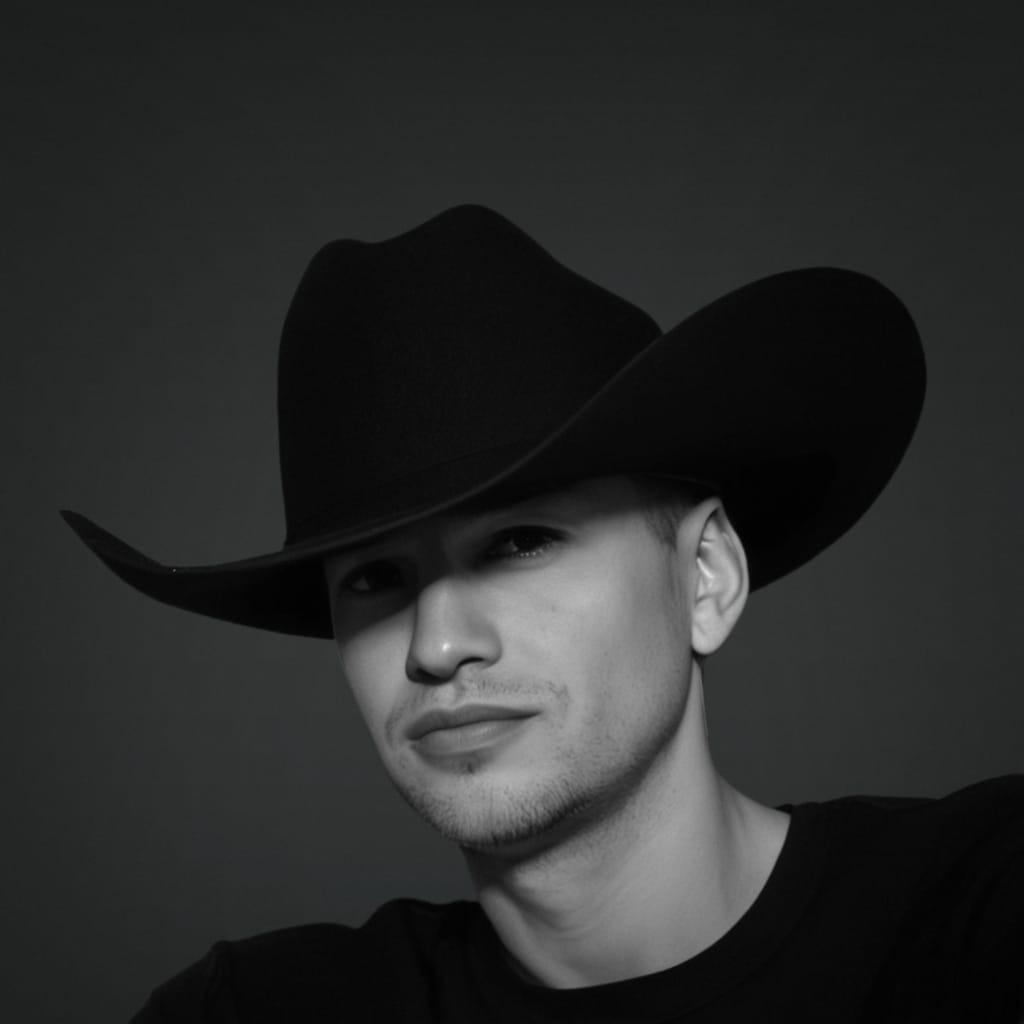
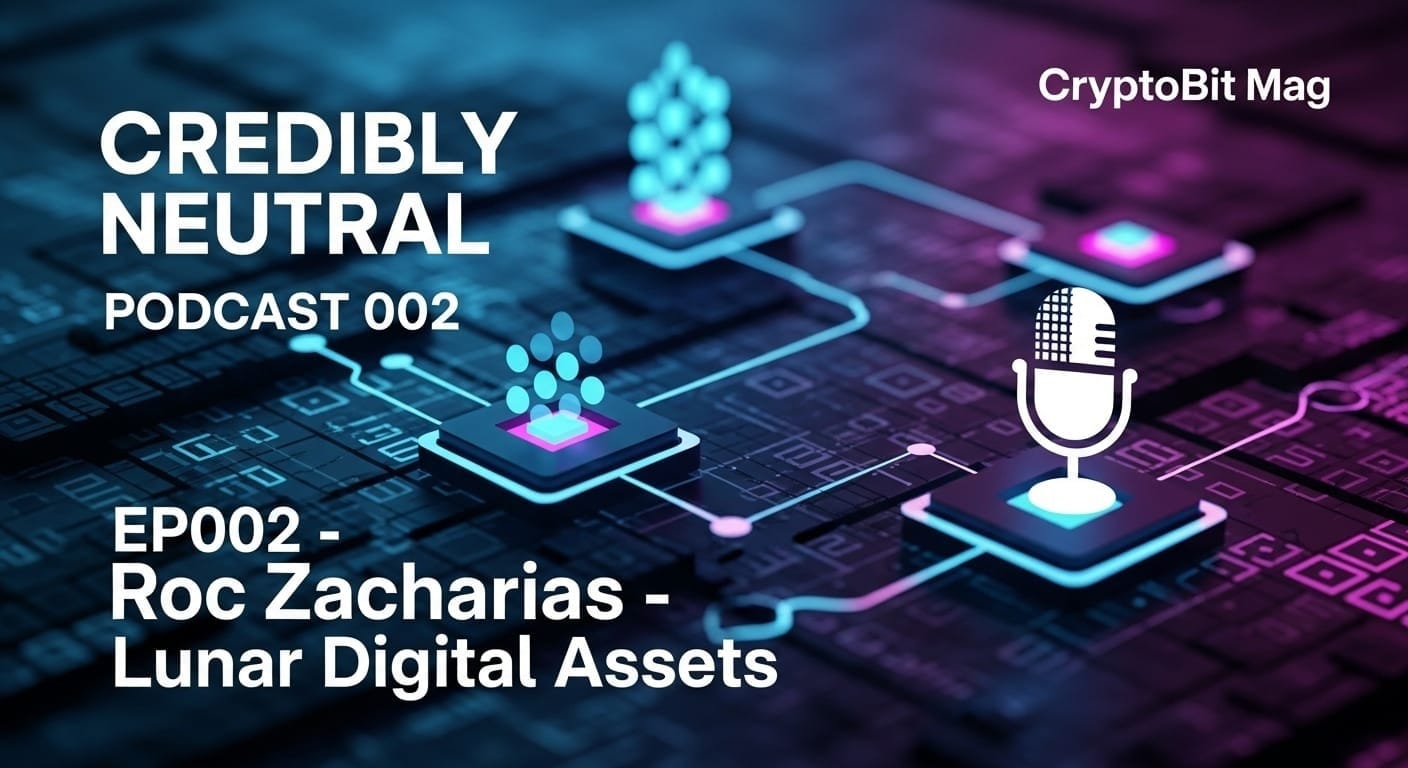
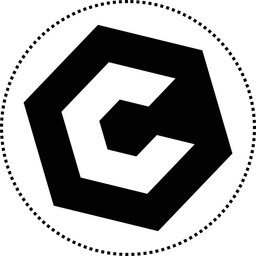
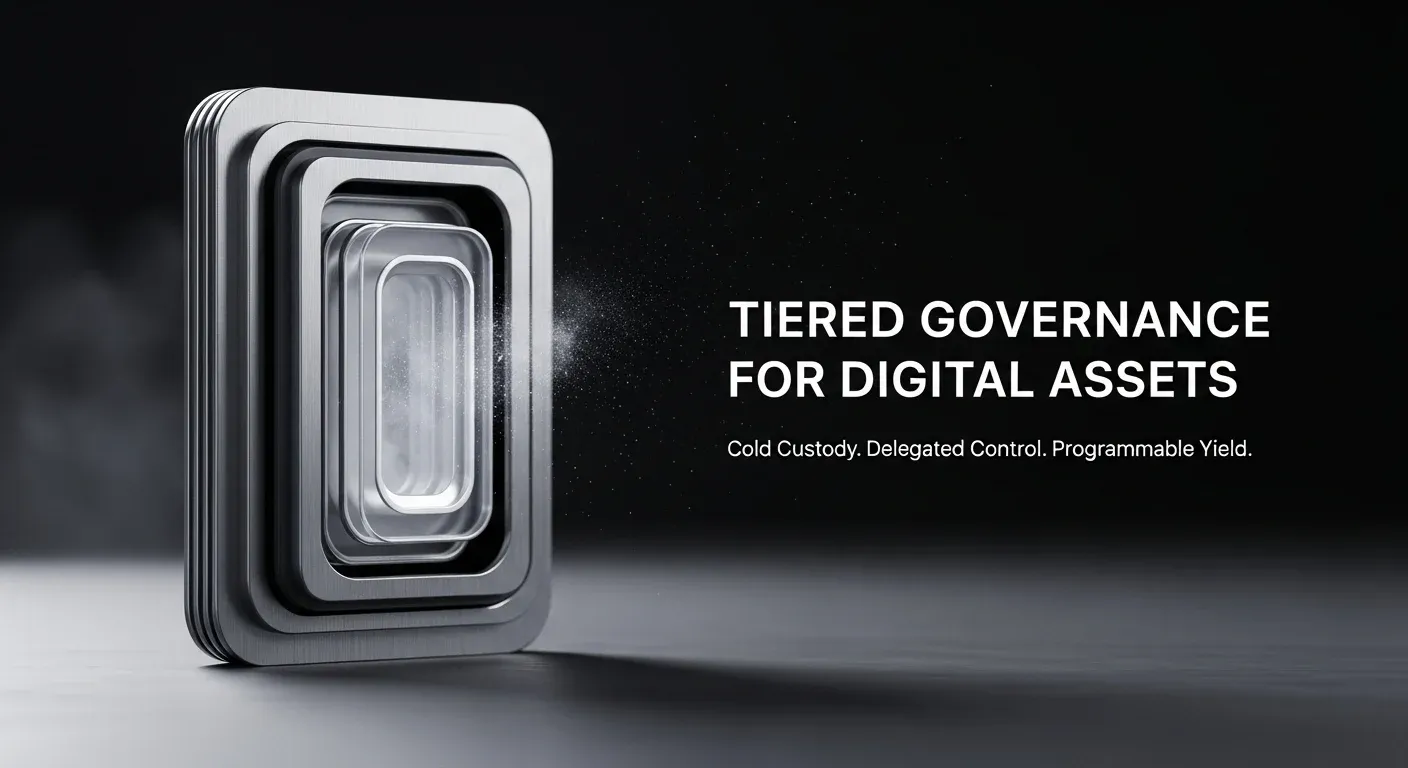
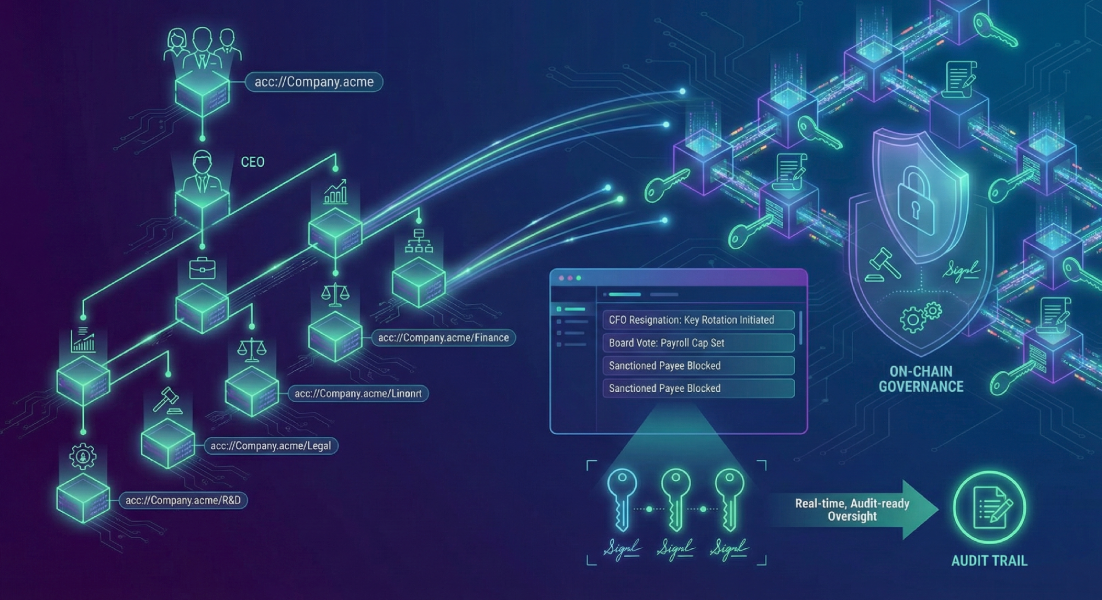
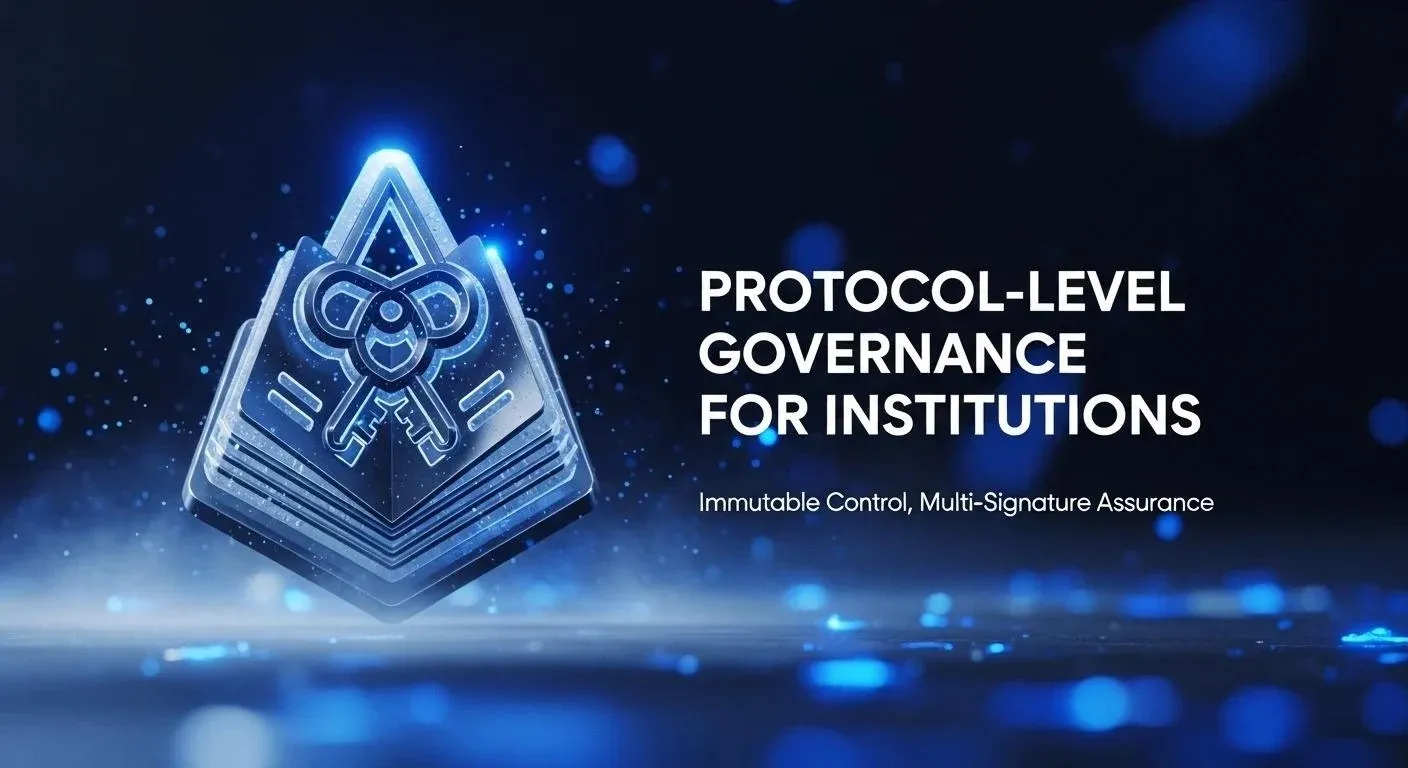
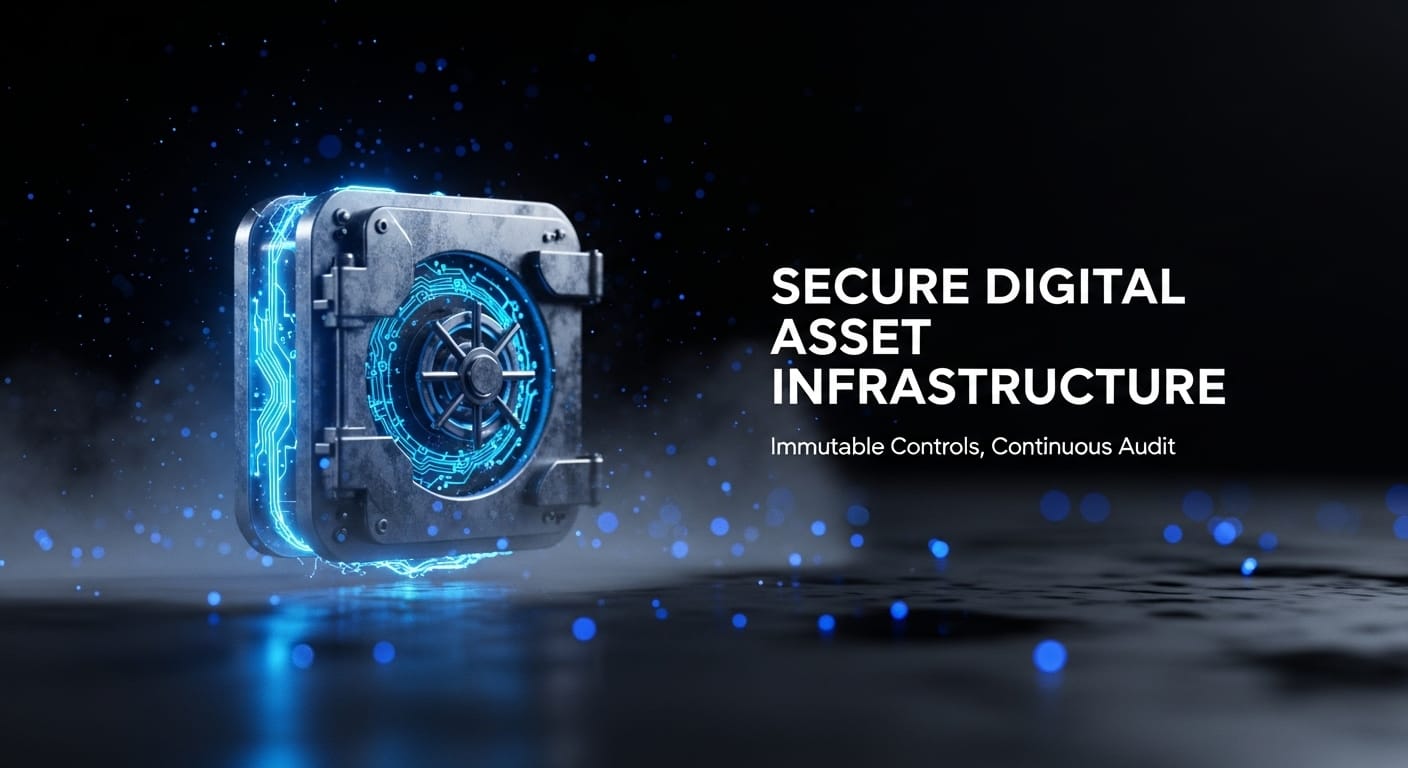
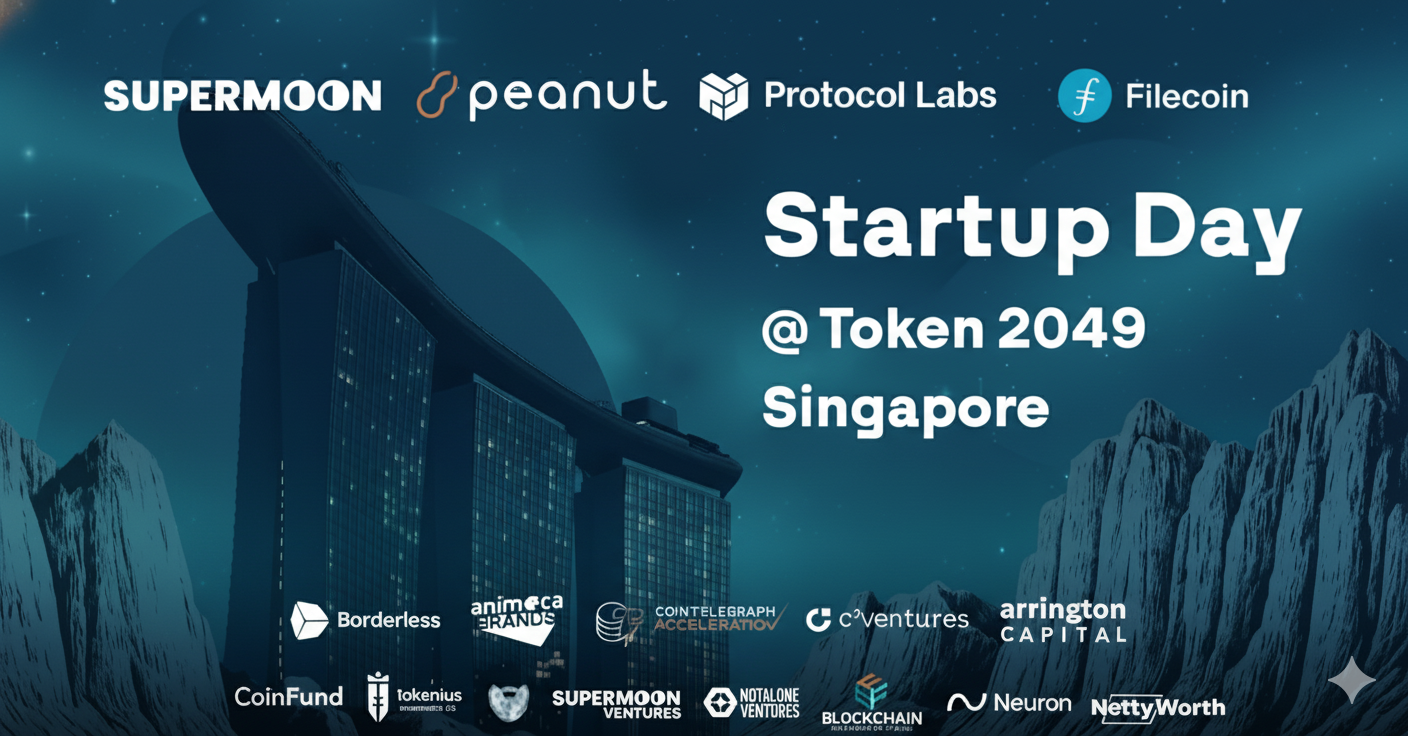
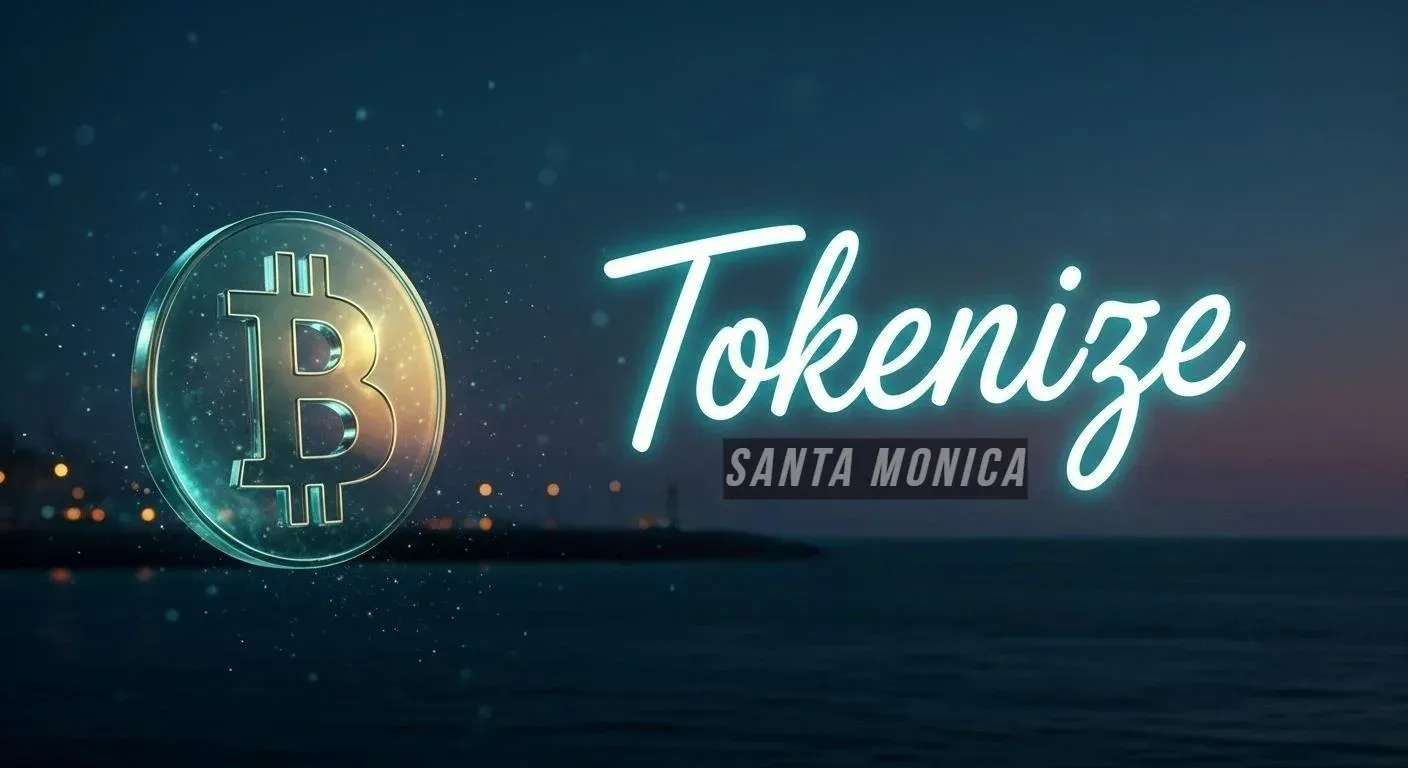
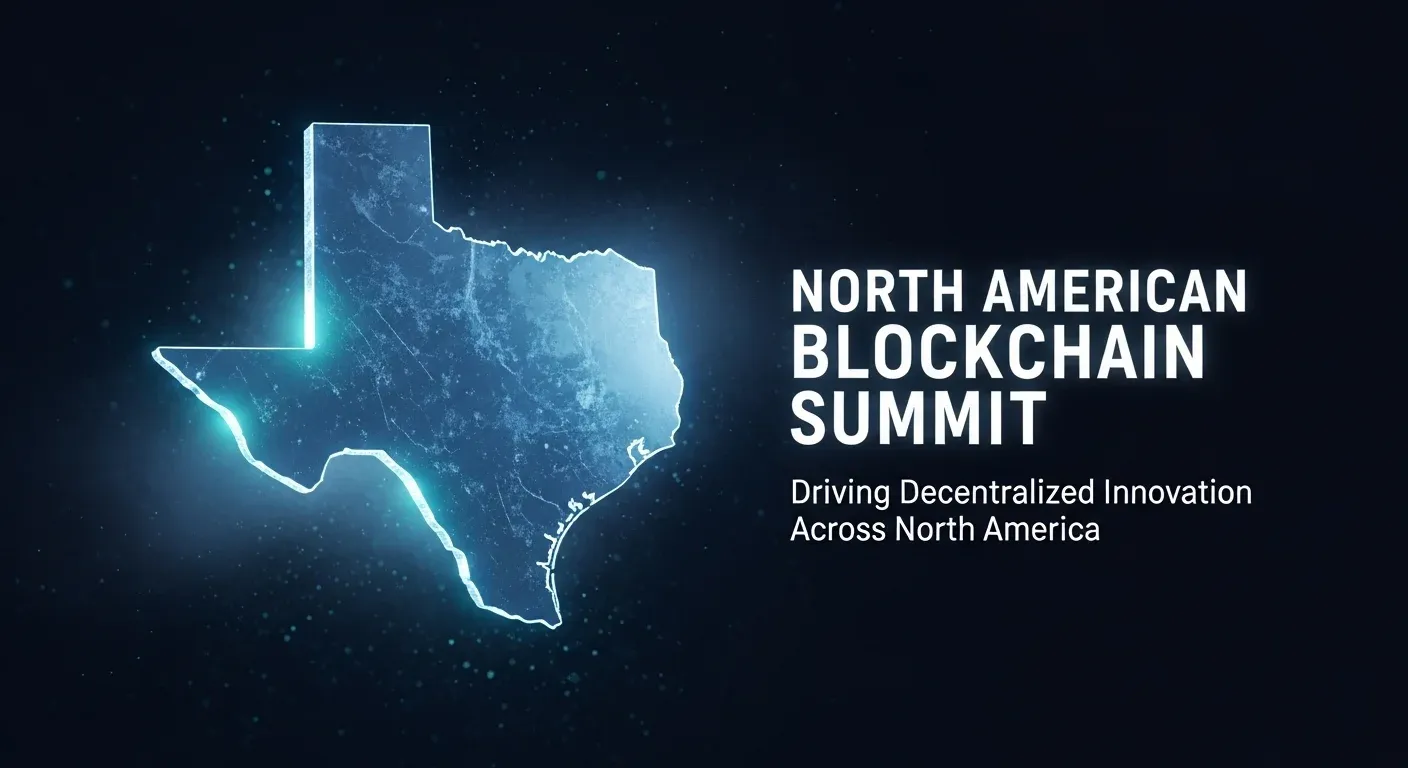

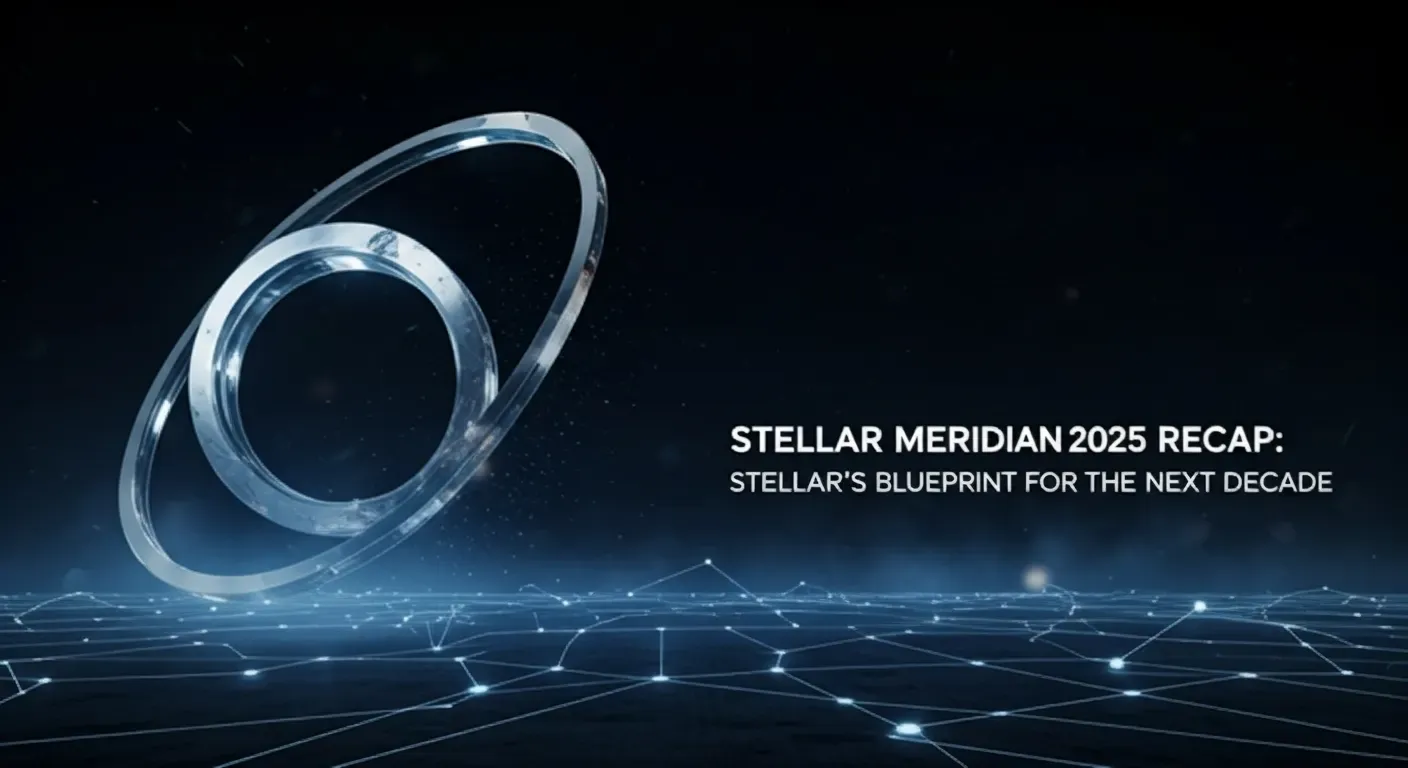
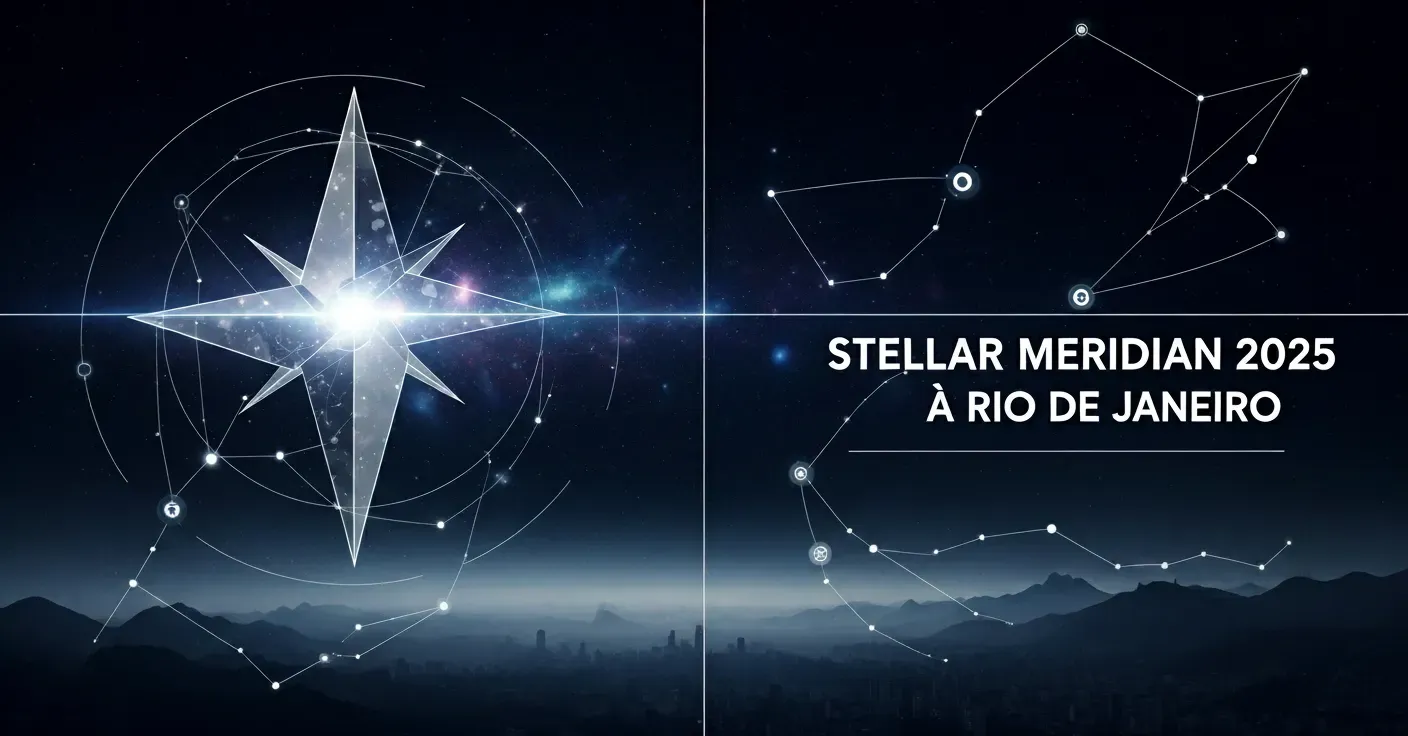
Discussion